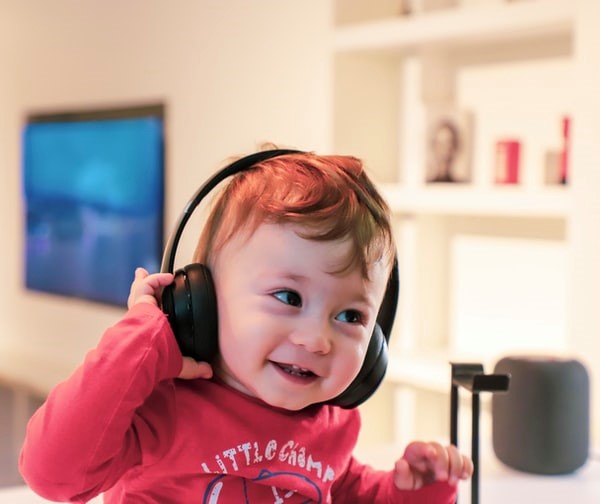Music is a universal language that connects people from all walks of life. It is a form of expression that can be appreciated by anyone. When you need a pick-me-up, you can put on your favorite song and enjoy the feeling of good music, but did you know that it offers several benefits in early childhood education?
The power of music is something you can learn when you get your associates in early childhood education. In this article, we will explore the benefits of music in early childhood education. We will look at how music can help children develop cognitively, emotionally, and socially. We will also explore how music can be used to support other areas of learning. Keep reading to find out more about the benefits of music in early childhood education.
It Helps Children Develop Cognitively
There is a mountain of research that supports the notion that music helps children develop cognitively in early childhood education. In fact, one study published in the Journal of Pediatrics found that early exposure to music, whether it be by James McRoberts or Beyonce, may lead to enhanced verbal intelligence and better academic performance. The research indicates that music has a significant impact on cognitive development because of the way it engages multiple areas of the brain. It is believed that when children sing, listen to, or play music, they are activating neural networks that support reasoning, problem-solving, and memory. Yet another study found that second-grade students who received music instruction for one year performed better on reading and spelling tests than their peers who did not receive music instruction. In another study, students who received music instruction scored higher on standardized math tests than students who did not. Researchers believe that the benefits of music extend beyond cognitive development. They also believe that music can help children develop social and emotional skills.
It Helps Develop Social and Emotional Skills
There is a growing body of research that suggests that music education can help children develop social skills. One study, published in the Journal of the Psychology of Music, looked at the relationship between music education and social skills in children ages 6 to 9. The study found that children who received music education displayed increased social skills, including increased communication, empathy, and social awareness. Another study, published in the Journal of Research in Music Education, looked at the impact of group singing on social cohesion in elementary school students. The study found that group singing led to increased social cohesion among students, as well as increased feelings of happiness and well-being.
There are likely many reasons why music education can help children develop social skills. One possibility is that music education provides children with an outlet for self-expression. Music allows children to communicate their thoughts and feelings, which can help them to develop empathy for others. Music also provides a sense of community and belonging, which can help children feel connected to their peers. Overall, it seems clear that music education can help children develop social skills. In addition to improving communication, empathy, and social awareness, music education can also help children feel happier and more connected to their peers.
It Helps Foster Creativity
A recent study published in the Journal of the Psychology of Aesthetics, Creativity, and the Arts showed that music helps foster creativity in children. The study, conducted by researchers at the University of Toronto, found that music training helps children develop their creative thinking skills. The study involved two groups of children. The first group of children received music training, while the second group of children did not receive any music training. The researchers found that the children who received music training were more creative than the children who did not receive music training. The researchers believe that music training helps children develop their creative thinking skills because it helps them develop their cognitive skills.
The takeaway is that music education should be a part of every child’s curriculum. It is not only fun and enjoyable, but it also has a host of cognitive benefits that can help children excel in school.

